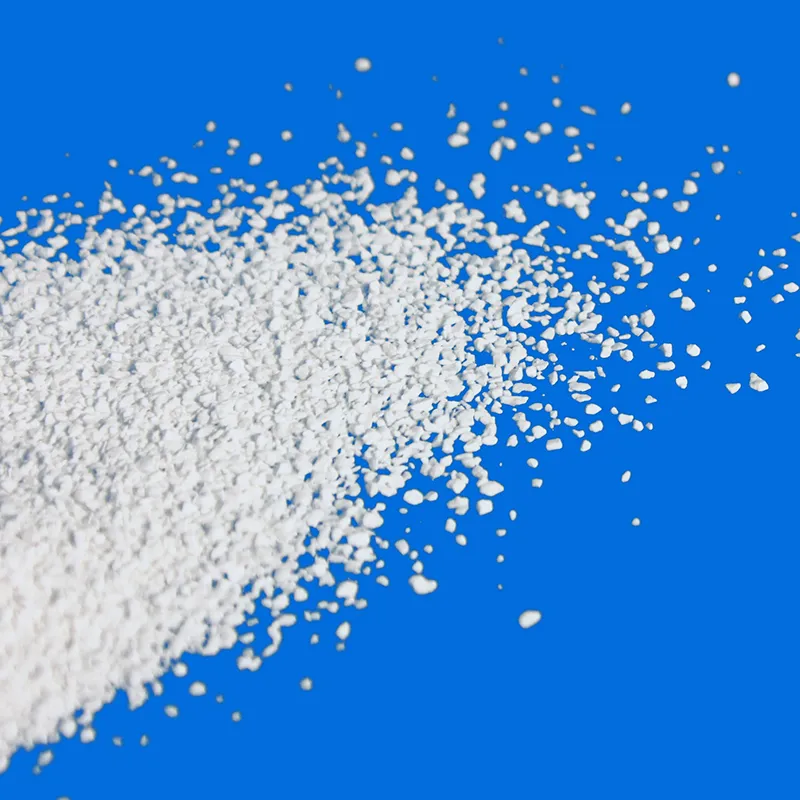
E200 Preservative - Effective Food Preservation Solutions
Understanding E200 Preservative Applications, Safety, and Controversies
E200, also known as sorbic acid, is a widely used food preservative recognized for its ability to extend the shelf life of various food products. As a naturally occurring compound, sorbic acid was first discovered in the berries of the Sorbus aucuparia (mountain ash) in the 19th century, leading to its adoption in the food industry due to its effectiveness against mold and yeast.
Applications of E200
E200 is primarily employed in the preservation of baked goods, dairy products, and beverages. It prevents microbial growth that can lead to spoilage, thereby ensuring that products remain fresh for extended periods. In baked goods, sorbic acid not only helps avoid mold formation but also maintains the texture and overall quality of the product. Similarly, in dairy, it is instrumental in keeping products like cheese and yogurt safe for consumption, retaining their flavor and consistency.
Moreover, E200 is beloved by manufacturers for its versatility. It is often combined with other preservatives to enhance efficacy, allowing for more robust formulations that cater to diverse food products. Additionally, it's used in personal care products and cosmetics, where its ant microbial properties help increase the shelf life of formulations, ensuring that they remain safe and effective for consumers.
Safety and Regulation
The use of E200 is regulated by international food safety authorities, including the FAO (Food and Agriculture Organization) and WHO (World Health Organization). These organizations have evaluated the safety of sorbic acid and established acceptable daily intake levels, allowing it to be safely consumed in regulated amounts. Currently, the consensus among regulatory bodies is that sorbic acid poses minimal risk to health when used appropriately.
e200 preservative

However, some individuals may experience allergic reactions or sensitivities to E200, leading to concerns about its widespread usage in foods. Symptoms may include skin irritation and gastrointestinal discomfort, prompting a segment of consumers to seek out preservative-free alternatives.
Controversies and Consumer Awareness
Despite its safety profile, the use of E200 and other preservatives has faced scrutiny from health-conscious consumers and food activists. The rising demand for natural and minimally processed foods has spurred debates about the long-term health implications of consuming synthetic and artificial additives. While sorbic acid is considered safe by regulatory standards, the perception of preservatives can evoke skepticism among consumers advocating for organic and clean-label foods.
Food companies are now responding to these concerns by labeling their products more transparently and sometimes opting for natural alternatives to conventional preservatives. This shift reflects a growing trend toward better education of consumers regarding food ingredients and their potential impacts on health.
Conclusion
In conclusion, E200, or sorbic acid, is a significant preservative in the food and cosmetics industries due to its effectiveness in preventing spoilage and maintaining product quality. While it continues to be deemed safe by regulatory authorities, ongoing discussions about food additives suggest an evolving landscape of consumer preferences. As awareness around food ingredients increases, the dialogue surrounding E200 will likely continue, influencing how manufacturers approach preservation in their products. Embracing transparency and staying informed are vital for consumers as they navigate the complex world of food additives.
-
Nitrile Rubber Honoring Strict Production StandardsNewsAug.22,2025
-
Aspartame Ingredients Honoring Food Safety ValuesNewsAug.22,2025
-
Fertilizer for Balanced Plant NutritionNewsAug.22,2025
-
Cyanide Gold Processing with High Purity AdditivesNewsAug.22,2025
-
Formic Acid in Textile Dyeing ApplicationsNewsAug.22,2025
-
Aluminum Hydroxide Gel in Skincare ProductsNewsAug.22,2025
-
Regulatory Compliance for Global Mining Chemicals UseNewsAug.12,2025
Hebei Tenger Chemical Technology Co., Ltd. focuses on the chemical industry and is committed to the export service of chemical raw materials.
-

view more DiethanolisopropanolamineIn the ever-growing field of chemical solutions, diethanolisopropanolamine (DEIPA) stands out as a versatile and important compound. Due to its unique chemical structure and properties, DEIPA is of interest to various industries including construction, personal care, and agriculture. -

view more TriisopropanolamineTriisopropanolamine (TIPA) alkanol amine substance, is a kind of alcohol amine compound with amino and alcohol hydroxyl, and because of its molecules contains both amino and hydroxyl. -

view more Tetramethyl Thiuram DisulfideTetramethyl thiuram disulfide, also known as TMTD, is a white to light-yellow powder with a distinct sulfur-like odor. It is soluble in organic solvents such as benzene, acetone, and ethyl acetate, making it highly versatile for use in different formulations. TMTD is known for its excellent vulcanization acceleration properties, which makes it a key ingredient in the production of rubber products. Additionally, it acts as an effective fungicide and bactericide, making it valuable in agricultural applications. Its high purity and stability ensure consistent performance, making it a preferred choice for manufacturers across various industries.





